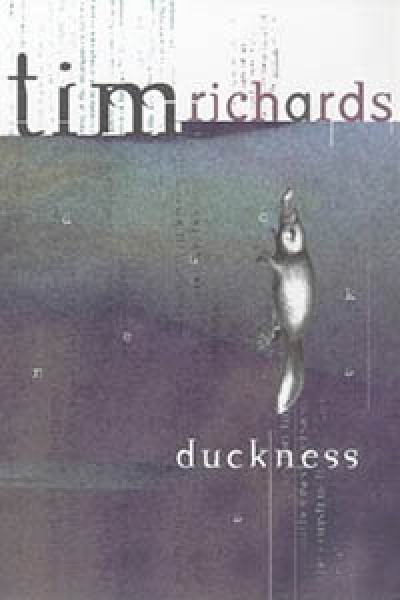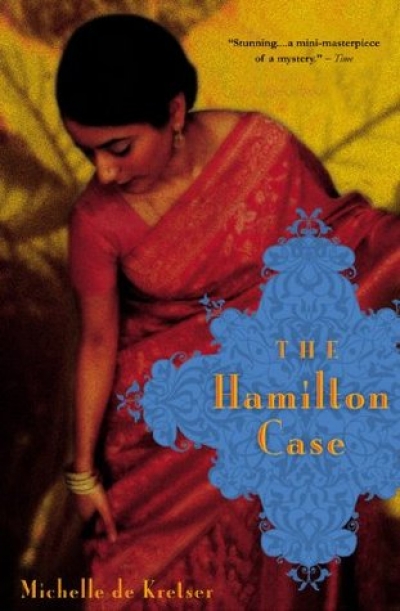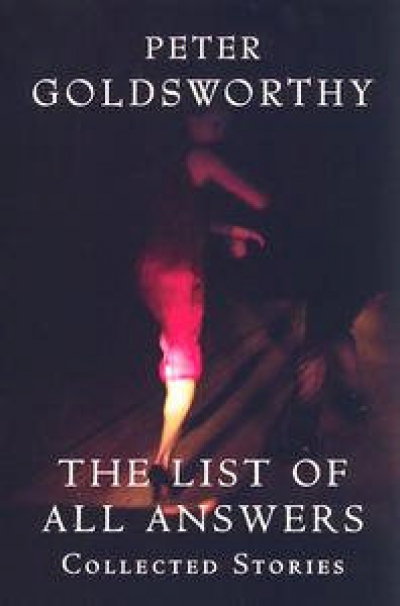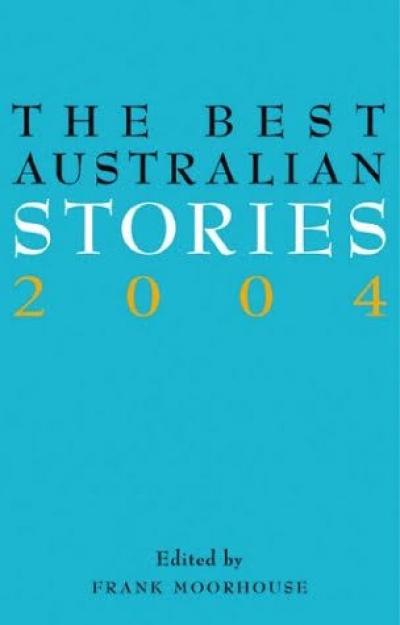Gail Jones
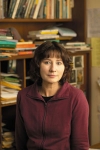
Gail Jonesis the author of two short story collections and five novels, the latest being Five Bells (2011). She has been shortlisted for the Miles Franklin Award three times, and won the Steele Rudd Award and Age Book of the Year Award, among other prizes. She lives in Sydney. Five Bells was reviewed in the February 2011 issue.
Hannah Arendt pronounced the Eichmann trial a ‘necessary failure’; it dramatised historical trauma but revealed, fundamentally, a narrative insufficiency. The gap between testimony and history, between jurisprudential protocols and the all-too-human and inhuman complexities of murder, left behind anxieties of incomprehension, reduction, and representational limitation.
The Hamilton Case, Mich ... (read more)
Susan Sontag has identified in contemporary fiction what she calls an ‘impatient, ardent and elliptical’ drive. These are features, above all, of the well-wrought story, and they are also adjectives that well describe its inherent paradox: the story is contained but somehow urgent, intensified but working in a system of concision, suggestive but employing referential exorbitance. Four pages mi ... (read more)
In a recent feature article in the Guardian Review, William Boyd proposed a new system for the classification of short stories. He constructed seven stringently categorical descriptions and ended his article with a somewhat predictable – that is to say, canonical – list of ‘ten truly great stories’, among which were James Joyce’s ‘The Dead’, Vladimir Nabokov’s ‘Spring at Fialta ... (read more)

